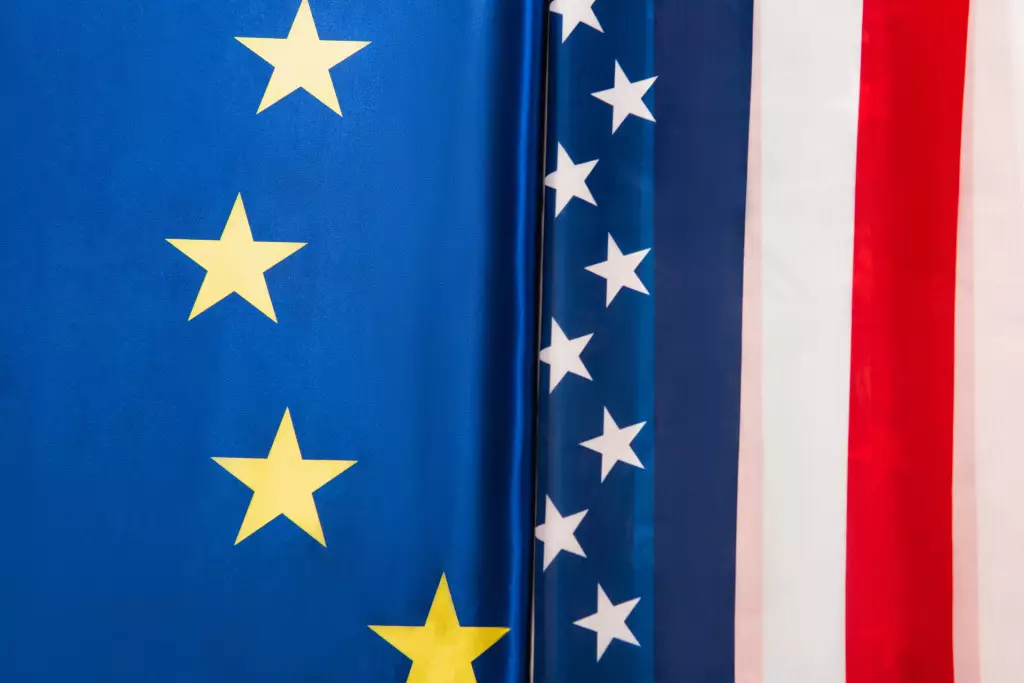MedSafetyWeek 2025: Together We Can Make Medicines Safer
- 03/11/2025
- 5 min read
Every November, the global pharmacovigilance community comes together under a shared purpose – to make medicines safer for everyone. This happens through #MedSafetyWeek, an international social media campaign led by the Uppsala Monitoring Centre (UMC).
In 2025, the campaign will celebrate its tenth anniversary, running from November 3 to 9. This year’s theme – “We can all help make medicines safer” – reminds us that every voice, every report, and every observation counts.
What Is MedSafetyWeek 2025?
MedSafetyWeek is a unique global initiative that brings together medicines regulators, pharmacovigilance centres, healthcare professionals, pharmaceutical companies, and patients. For one week, these groups collaborate to raise awareness about the importance of reporting suspected side effects.
The campaign spreads across social media platforms and public spaces worldwide. Messages, videos, infographics, and live events encourage people to share their experiences and learn how to report side effects effectively.
Every post, every share, and every story helps reinforce a simple but powerful message – reporting side effects saves lives.
Why Reporting Side Effects Is Essential
Regulators depend on side effect reports from healthcare professionals and patients to monitor the safety of medicines. However, studies show that fewer than 10% of side effects are reported.
This underreporting makes it challenging to identify safety issues promptly. When cases go unreported, regulators may miss important safety signals that could prevent harm to other patients.
MedSafetyWeek 2025 aims to close this gap. By encouraging more people to report side effects, the campaign strengthens global pharmacovigilance systems and helps ensure that medicines remain as safe and effective as possible.
From Observation to Action: The Role of Medical Literature
Reporting side effects is not limited to patient or clinician reports. A significant portion of the world’s drug safety information also originates from medical literature.
Healthcare professionals regularly publish articles describing adverse drug reactions (ADRs) they observe in clinical practice. These case reports are valuable for identifying rare, unexpected, or delayed reactions that might otherwise go unnoticed.
Pharmacovigilance specialists review and analyse these reports, evaluate their clinical relevance, and forward them to regulatory authorities such as the EMA or FDA. This process transforms isolated observations into structured safety data – the cornerstone of modern drug safety monitoring.
How DrugCard Helps Improve Medicine Safety
At DrugCard, we are proud to support the mission of MedSafetyWeek 2025 by providing advanced tools for medical literature monitoring and pharmacovigilance.
Our platform is designed to help safety specialists easily identify, evaluate, and report adverse reaction cases described in published literature. Here’s how DrugCard contributes to safer healthcare:
1. Global and Local Literature Coverage
DrugCard monitors both international and local medical literature, ensuring that no critical information is missed. The scale of our monitoring is remarkable – nearly 6.5 million global articles and more than 1 million local ones are currently part of the DrugCard database.
This dual coverage allows pharmacovigilance specialists to capture ADR cases from smaller, local journals that are often overlooked by global indexing systems.
2. Case Detection
DrugCard continuously scans new publications to identify safety-related content.
So far, DrugCard has identified over 18,000 articles containing drug safety information and detected more than 2,000 safety cases.
Each of these cases represents valuable real-world evidence that supports global safety monitoring and improves regulatory decision-making.
3. Intuitive Interface and Smart Search
To make literature monitoring accessible and efficient, we developed DrugCard Simple Search — a publicly available search engine for safety-related publications. Users can:
- Search across multiple languages and sources;
- Filter results by publication year and country;
- Identify relevant ADR case reports in seconds.
This tool enables pharmacovigilance professionals, researchers, and students to access high-quality safety information more quickly and accurately than ever before.
4. Continuous Innovation and Automation
DrugCard constantly evolves to meet the growing demands of the pharmacovigilance community. Our team works on improving AI-based classification algorithms, expanding the database with new local sources, and adding custom reporting tools to simplify case validation.
By combining automation with expert oversight, we ensure that every identified case meets regulatory requirements and makes a meaningful contribution to global drug safety knowledge.
MedSafetyWeek 2025 and DrugCard: Shared Goals
Both MedSafetyWeek 2025 and DrugCard share the same core goal – to make medicines safer through awareness and data-driven action.
While #MedSafetyWeek focuses on encouraging patients and healthcare professionals to report side effects, DrugCard provides the technology that helps pharmacovigilance experts transform this information into regulatory insights.
Together, awareness and innovation create a powerful synergy that strengthens global pharmacovigilance.
We Can All Help Make Medicines Safer
MedSafetyWeek 2025 is more than just a campaign. It’s a reminder that everyone – from patients to regulators – has a role to play in improving drug safety.
At DrugCard, we believe that collaboration and technology are key to a safer future. By making safety data easier to find and analyse, we empower pharmacovigilance professionals to protect patients more effectively.
So, this November, when you see the hashtag #MedSafetyWeek, remember:
Every report counts. Every case matters.
And together, we can all help make medicines safer.
- 26/01/2026
- Drug Safety
- 19/01/2026
- Drug Safety


